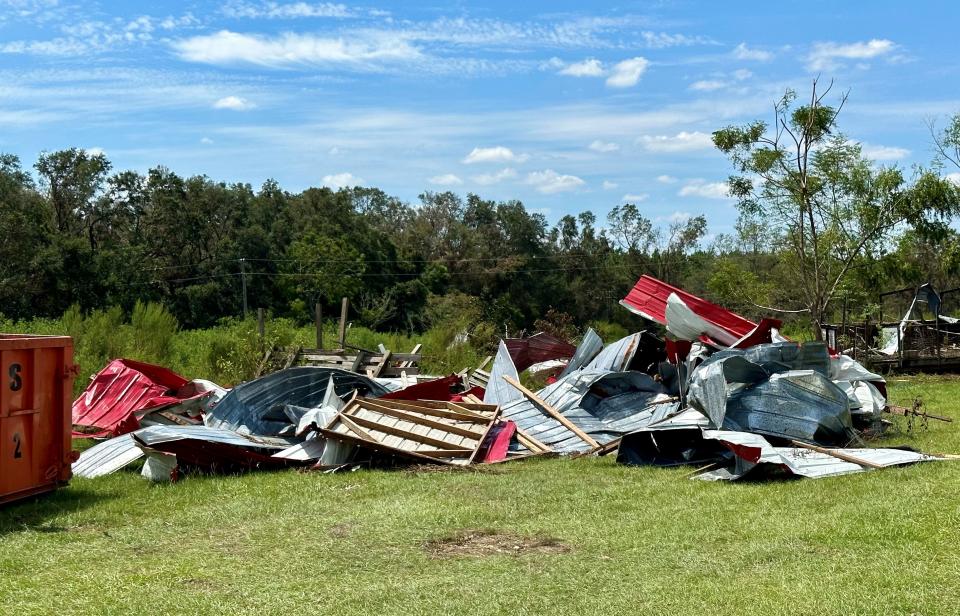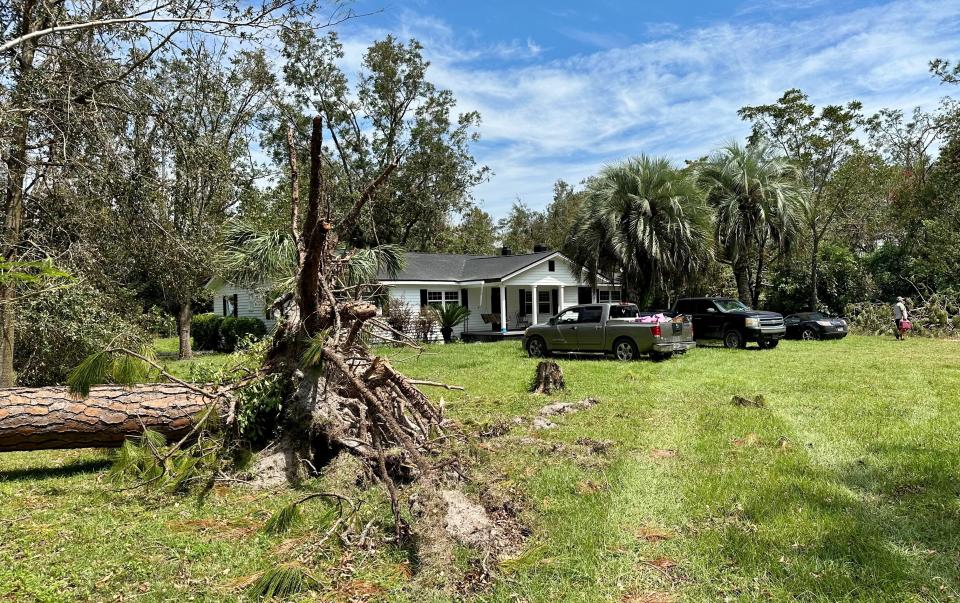Hurricanes target land and property while fraudsters target homeowners
Insured property damage is projected to reach $9 billion in the wake of Hurricane Idalia. An eye-popping price tag to be sure, but far less than the $112 billion following Hurricane Ian’s Category 5 storm that hit the Gulf Coast a year ago.

Cleaning up your property and rebuilding your home after a destructive storm is pricey. But it can cost even more if you become a victim of fraud. And unfortunately, Florida and fraud go together like thunder and lightning.
The reason could be that almost 100 years ago, the Ponzi scheme was born right here in the Sunshine State. In 1925, Charles Ponzi famously conned people into buying swampland, claiming they could easily develop on the coveted, albeit marshy, prime real estate. Unfortunately, almost a century later, Florida remains a hot spot for property and real estate fraud. Florida has been a mecca of moving scams and mortgage fraud, land, and insurance shams, and specifically after hurricanes, roofing, and contractor cons.
Like a fast-moving storm, wire fraud scams can inflict damage quickly and are especially popular with con artists given the fast, fat payouts they are netting. This scheme involves tactics such as phishing, hacking, and spoofing. Ne’er-’do-wells hack into your computer and pretend to be your real estate agent. The hacker may email or even call you to make a deposit into a bank account for closing costs or in some cases for escrow funds.
The good news – like preparing for an impending storm - there are ways to protect yourself. Beware of changes made at the last minute. If something doesn’t look right, pick up the phone and call your agent, the title company, or your lender and speak to them directly. Don’t send financial information in an email. And if you’re being rushed to send money or sign a contract, wait, take a breath, and consult with someone you trust.

This is especially relevant following a hurricane. If a contractor or roofer is pushing you to sign a contract or hand over a large deposit before any work is done, think twice. Reputable companies will work with you and will be open to negotiating, within reason. And remember, nothing in life is free. Ask for a business license, check the company’s history with the state, and get feedback from previous customers.
Florida property owners know the risk of storm damage but shouldn’t have to endure property loss or financial damage because of fraud.

Brandon Tucker is a licensed real estate broker and executive director of the Florida Landowners Association.
JOIN THE CONVERSATION
Send letters to the editor (up to 200 words) or Your Turn columns (about 500 words) to letters@tallahassee.com. Please include your address for verification purposes only, and if you send a Your Turn, also include a photo and 1-2 line bio of yourself. You can also submit anonymous Zing!s at Tallahassee.com/Zing.Submissions are published on a space-available basis. All submissions may be edited for content, clarity and length, and may also be published by any part of the USA TODAY NETWORK.
This article originally appeared on Tallahassee Democrat: Hurricanes target land and property while fraudsters target homeowners

